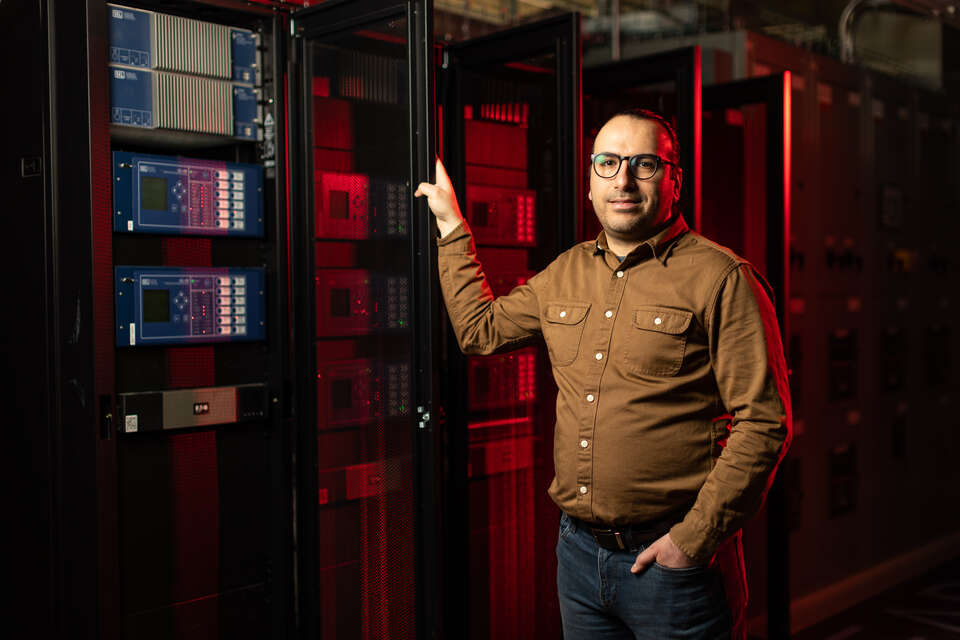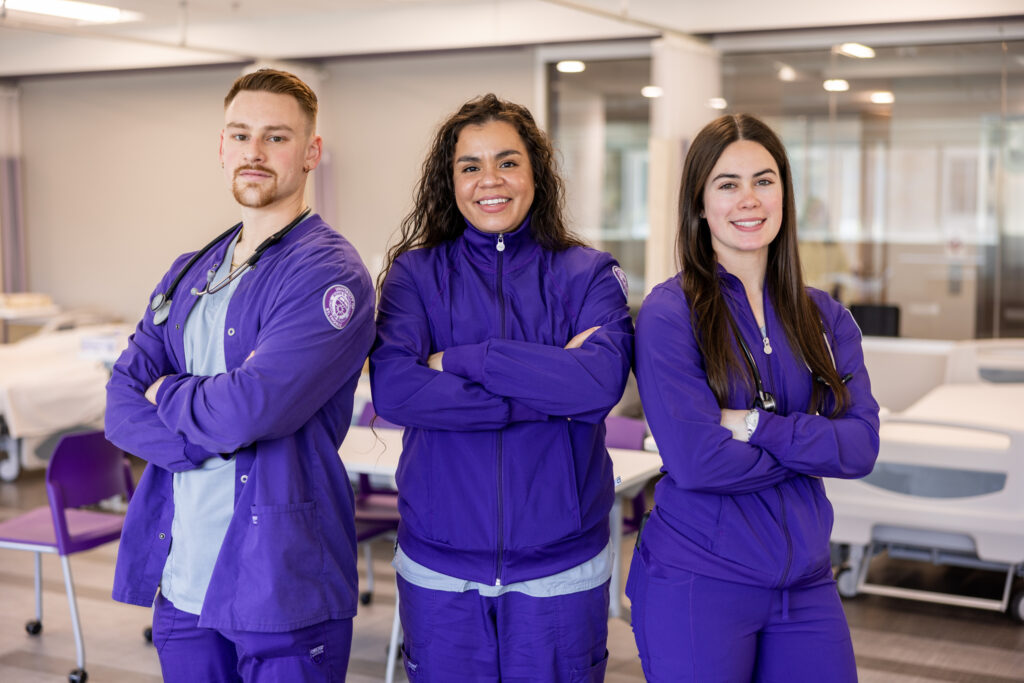Mahmoud Kabalan, associate professor and director of the Center for Microgrid Research at the University of St. Thomas, recently spoke with CNET about the technologies that enable microgrids for a story about a church in Arizona using solar panels and battery storage for off-grid operation.

From the story:
Policies that limit the incentives for going solar are increasingly common, like this year's changes to net metering in California. At the same time electricity is getting more expensive.
It's happening in the context of climate change, avoiding the worst effects of which requires a rapid transition from fossil fuels to renewable energy sources. Even as we need more carbon-free electricity, severe weather exacerbated by climate change is making the grid less reliable.
One possible solution is solar panels and battery storage that can operate with and without the grid. It's one variation of what's called a microgrid and it's gaining traction at houses of worship like this one, which are ideally situated to support communities during disasters...
That's because we have more technologies that can produce power closer to users, said Mahmoud Kabalan, professor of electrical and computer engineering at the University of St. Thomas in Minnesota, where he leads the Center for Microgrid Research. "These technologies are enabling microgrids," he said.
Those closer-to-home power generators might be a traditional standby generator, solar panels and battery storage or small-scale wind generation. When the grid goes down, these distributed energy generators can keep power flowing to the microgrid, which has temporarily disconnected from the larger grid. This could happen on the scale of a neighborhood, a hospital complex or a single house, and it's likely to get more common.
"In 10 to 20 years, you will stop thinking about it," Kabalan said. "Just like when you buy a home, there has to be a refrigerator, there has to be an oven," and there will have to be backup power and likely solar panels.







